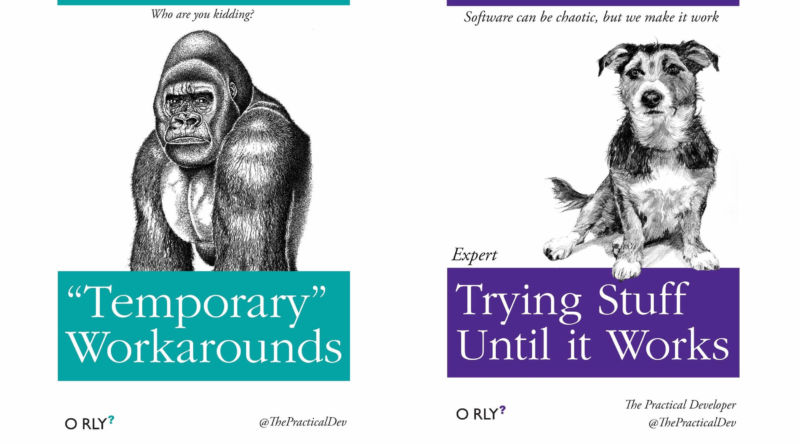
Below, you’ll find the second installment of the After On interview with legendary tech publisher and prognosticator Tim O’Reilly. Please check out part one if you missed it. Otherwise, press play on the embedded player, or pull up the transcript—both of which are below.
O’Reilly and I start off today talking about The Whole Internet User’s Guide & Catalog, which he published in 1992. And yup—that’s a two at the end of that number. As in, a full year before the first release of the Mosaic browser. Of course, there was a World Wide Web before Mosaic—and all 200 of its sites are listed in this book (along with various non-WWW Internet stuff that was around back then).
Jumping forward many years, O’Reilly tells us about convening a small summit of tech honchos, which quite literally named open source software. The nameless-ish phenomenon was already a big deal by then and was destined to become a huge one. But names do matter (and their lack even more so). The summit’s real purpose was to stridently promote this new approach to code to the both industry and the press in hopes of terminating the suffocating reign of Microsoft and others.
This launches a tour of O’Reilly's thoughts on platforms and other tech ecosystems—and those who abuse them (exhibit A is Microsoft, exhibit B is Twitter, followed by an entire alphabet of rogues). This leads us to his very nuanced takes on Uber, Lyft, AirBnB, Amazon, and others—all of which surprised me on one or more levels.
If you enjoy this installment and can’t wait for part three (which goes up on Ars tomorrow), you can find the full episode in my podcast feed, where it first appeared in October of last year. A full archive of my show can be found on my site, or via your favorite podcast app by searching for “After On." There, you’ll find deep-dive interviews with other world-class thinkers, founders, and scientists—tackling subjects including synthetic biology, cryptocurrency, astrophysics, drones, genomics, neuroscience, consciousness, privacy and government hacking, and a whole lot more.
Finally, if you’re curious about the latest episode in the main After On podcast feed, this week it’s an interview with Harvard’s David Reich—a top pioneer in the emerging field of ancient DNA. Specifically, the genetic code of Neanderthals, Denisovans, archaic homo sapiens, and other elders. In just a few years, this field came out of nowhere to reconfigure much our understanding of human history. More electrifying, it could well save hundreds of thousands of modern human lives per year.
This special edition of the Ars Technicast podcast can be accessed in the following places:
iTunes:
https://itunes.apple.com/us/podcast/the-ars-technicast/id522504024?mt=2 (Might take several hours after publication to appear.)
RSS:
http://arstechnica.libsyn.com/rss
Stitcher
http://www.stitcher.com/podcast/ars-technicast/the-ars-technicast
Libsyn:
http://directory.libsyn.com/shows/view/id/arstechnica
reader comments
17